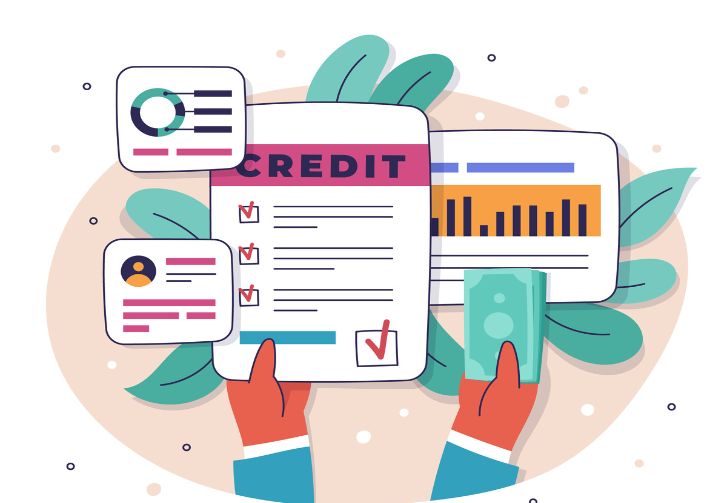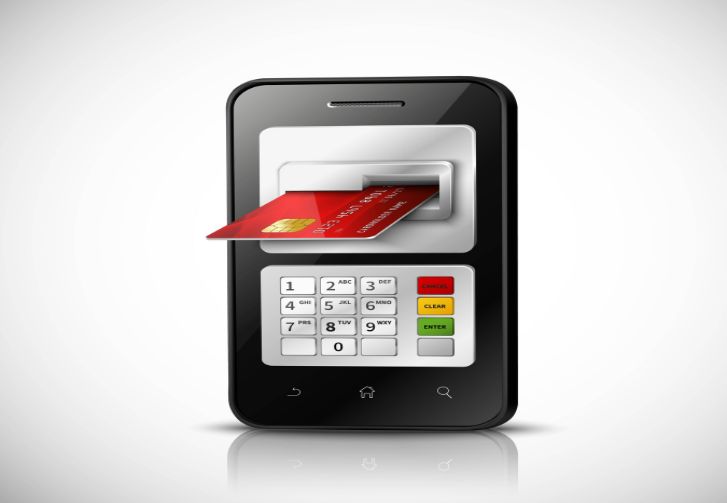
In today’s digital age, protecting your personal and financial information has become more crucial than ever. Credit lock and credit freeze are two powerful tools that can help you safeguard your credit and prevent unauthorized access to your sensitive data. While they share the common goal of enhancing your financial security, credit lock, and credit freeze have distinct features and considerations. In this blog post, we’ll delve into the benefits, differences, and important factors to consider when deciding which option is best for you.
We all are well aware that personal information is an important fact. On the same side, your daily used confidential information like credit and financial identity need a shield to protect it every time. In this blog post, we have discussed the popular methods for the same such as Credit Lock and Credit Freeze. Both factors are being utilized by individuals to safeguard their personal information.
The Credit Lock and Credit Free both have a good level of security and come with characteristics. Let us see what is making them the top way to safeguard the information. You will find what is the thing that is highlighting its differences, its advantages, and its considerations.
You too may be the one to look for the top solutions that help you shield your personal information. Here we have introduced you to the top solution of Credit Lock and Credit Freeze. Check and find out how the same will help you with the top information you want to have for you.
What Is Credit Lock and Credit Freezing?
Both Credit Lock and Credit Freezing are different practices. But both Credit Lock and Credit Freezing are being used for security purposes. Below are the details for both the security shields everyone can get to have for them.
Credit Lock is an option offered by credit bureaus. Utilizing this functionality anyone can lock access to a credit report temporarily by taking immediate action. Individuals can use this option as they are required to lock the credit report.
Credit Lock and Credit Freeze: An Overview
Understand how both are different, how you can leverage, and what is the right thing you need to do for the same. Check them all and get to have the information you need for Credit Lock and Freeze. We have given you the details for both Credit Lock and Credit Freeze. The same will provide you with ideas and more information you need to have for you to protect your data. Let us see how the same is helping with the right information we want to have for us.
Credit Lock
A credit lock is a security feature offered by credit reporting agencies (CRAs) that allows you to instantly block access to your credit reports. This means that lenders and other parties won’t be able to access your credit information unless you unlock or lift the lock. Credit locks often come with user-friendly interfaces and mobile apps, making it convenient to toggle your credit access on and off.
Credit Freeze
A credit freeze, also known as a security freeze, is a more stringent measure. It restricts access to your credit reports similarly to a credit lock, but it’s typically initiated by submitting a formal request to each of the three major credit bureaus—Equifax, Experian, and TransUnion. Once the freeze is in place, you won’t be able to access your credit reports without lifting the freeze.
What Are The Benefits of Credit Lock and Credit Freeze?
Below we have discussed the benefits of the Credit Lock and Credit Freeze. Check how the same is helping in both the resorts. You will get to have ideas and
Security
Both credit lock and freeze are effective in preventing unauthorized individuals from opening new credit accounts or loans in your name. This is a critical defense against identity theft and fraudulent activities.
Flexibility
Credit locks provide more immediate control as you can lock and unlock your credit reports at will. This can be advantageous when you need to grant temporary access, such as during a loan application process.
Stronger Protection
Credit freezes offer a higher level of security as they require a PIN or password to lift the freeze. This adds an extra layer of authentication, making it more challenging for potential identity thieves to gain access.
The Differences and Considerations for Credit Lock and Freeze
Check the differences and considerations for Credit Lock and Freeze you need to know. The same is going to help you a lot and provide the answer you are looking for. Check out how the same is different and what are the considerations. We need to know the same.
Initiation Process
Credit locks are often more convenient to initiate, as they can be done online or through mobile apps. Credit freezes usually require submitting a formal request via mail, online, or over the phone.
Cost
Credit freezes are subject to fees, which vary by state and are typically around $5 to $10 per bureau for both placing and lifting the freeze. Credit locks may be offered as part of a paid credit monitoring service or as a free standalone feature.
PIN vs. Password
While both options require a PIN or password to grant access, credit freezes tend to have a more stringent authentication process.
Timeframe
Credit locks are more responsive to changes, allowing you to lock and unlock your credit reports quickly. Credit freezes may take slightly longer to set up and lift, which could be a consideration if you’re in urgent need of accessing your credit.
How to Choose the Right Option?
Below is the solution you can get to have for you by choosing the right option that fits you. Check them how and which one you can get to have for yourself.
Consider Your Needs
Assess your current financial situation and determine whether you need the flexibility of a credit lock or the more comprehensive protection of a credit freeze.
Long-Term vs. Short-Term
If you’re concerned about long-term security, a credit freeze might be the better choice. For short-term needs, like a home or auto loan application, a credit lock’s immediate control could be more beneficial.
Cost Analysis
Factor in the costs associated with credit freezes, especially if you’re planning to freeze and unfreeze your credit frequently.
These are the peculiar points everyone needs to know for them. Implementing all the points will help you with the process you want to complete for your data security.
Final Thoughts
Both credit lock and credit freeze are valuable tools in your arsenal against identity theft and financial fraud. By understanding their benefits, and differences, and considering your personal needs, you can make an informed decision about which option aligns best with your financial security goals.
Whether you opt for the flexibility of a credit lock or the robust protection of a credit freeze, taking action to secure your credit is a proactive step towards a safer financial future. If you are looking for more such content to be provided to you. You can connect with us with the contact details given or comment on the things you are looking to be covered. We will provide you with the content you need.








